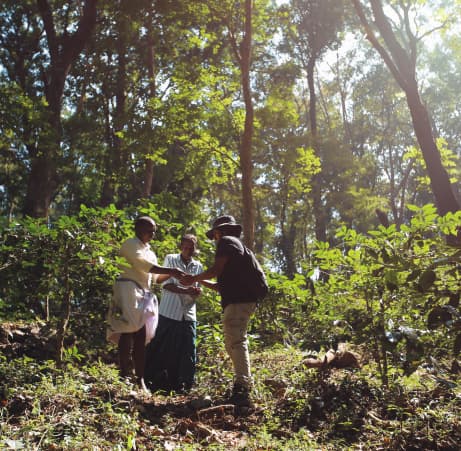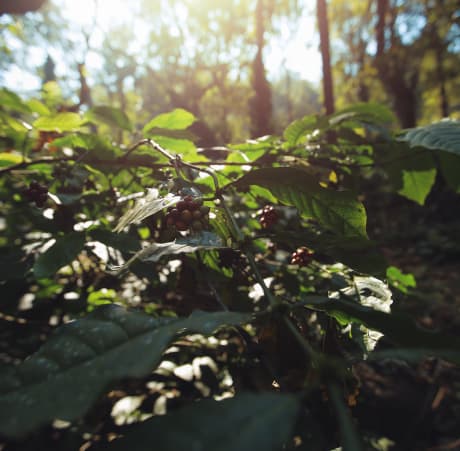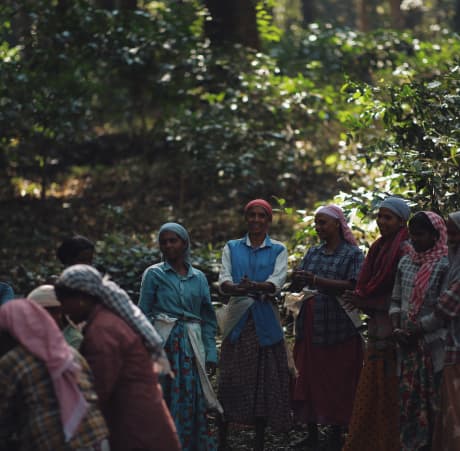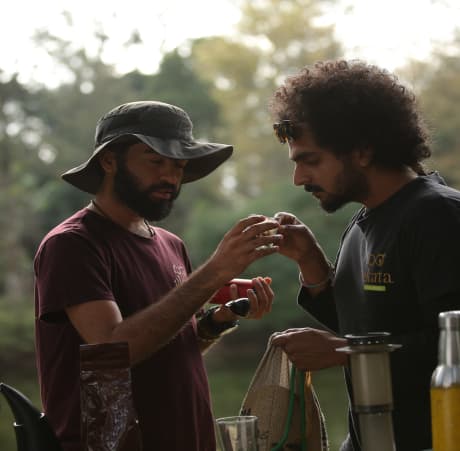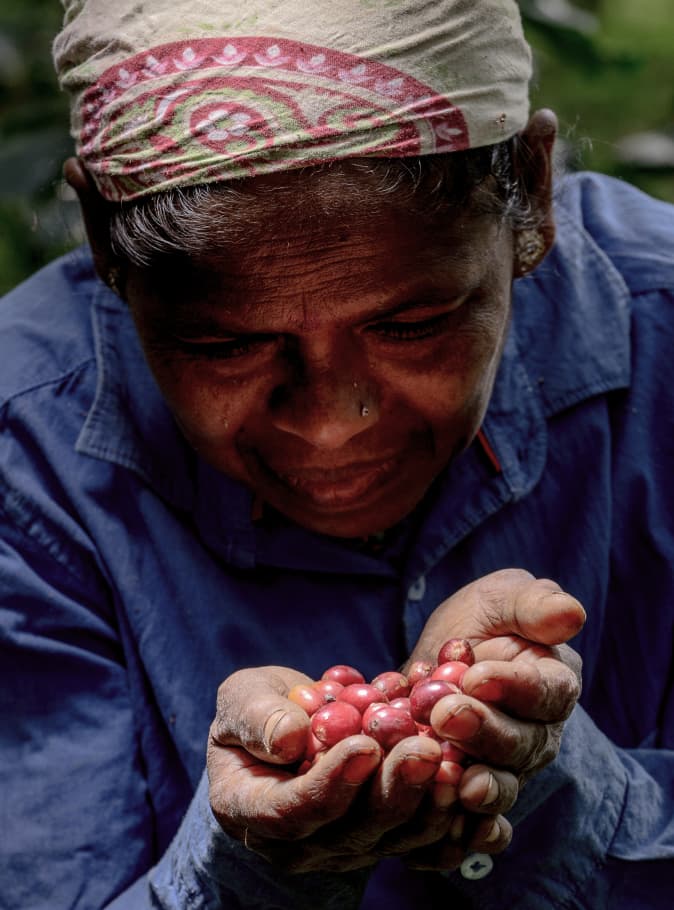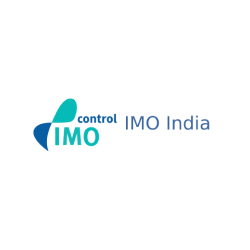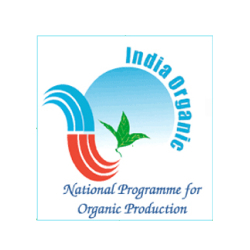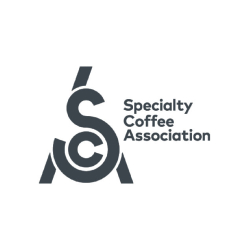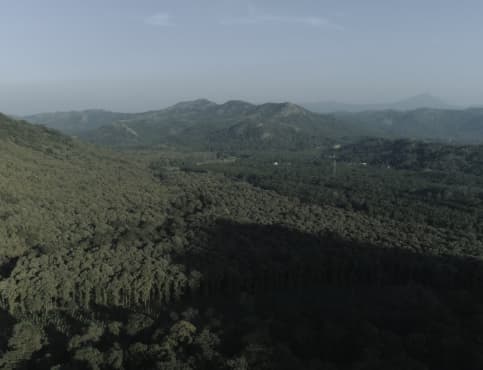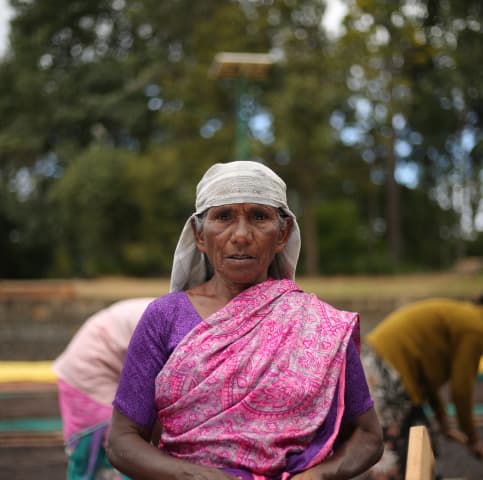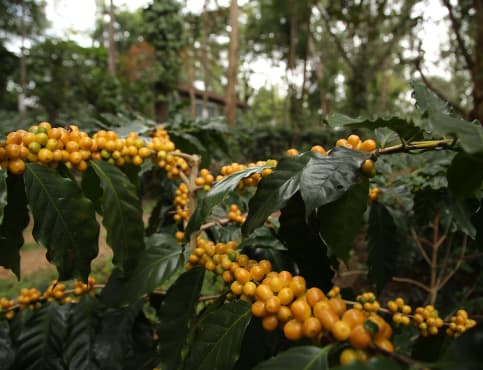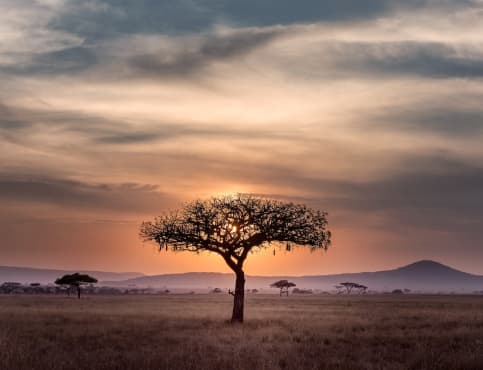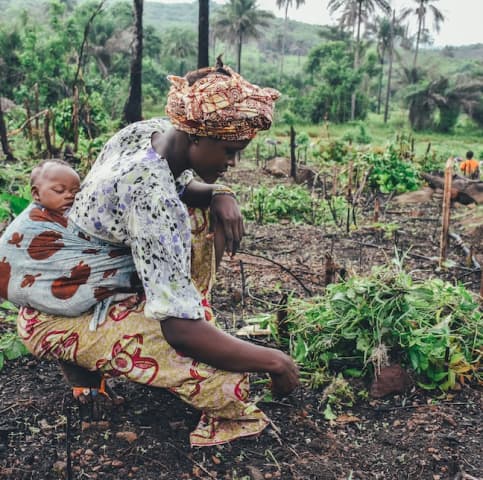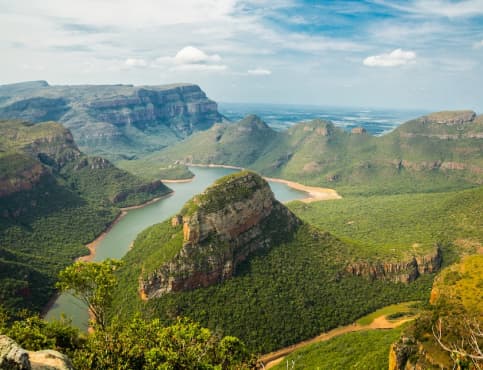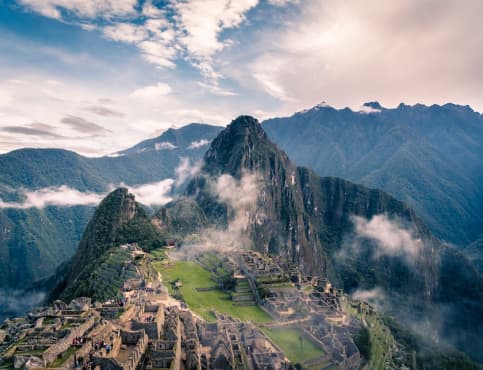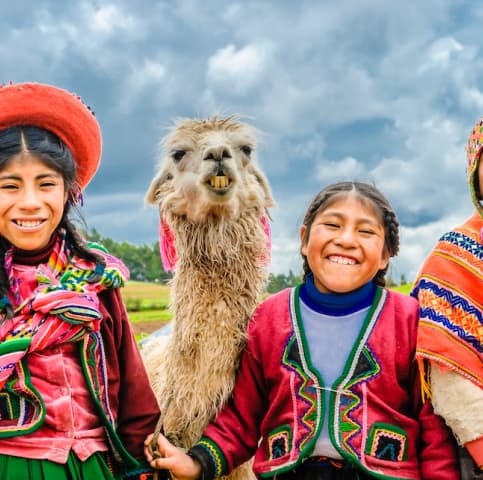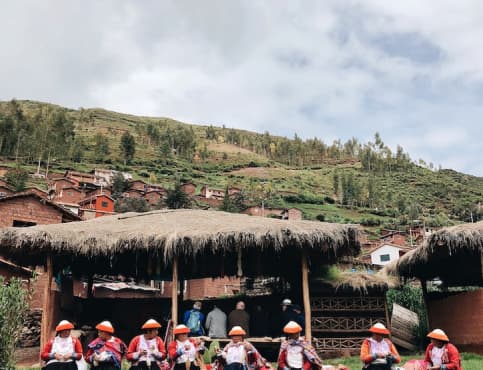At Ekata, we believe that the cup of coffee that makes someone’s morning should also be the reason for someone else’s smile.
When we call our beans oneness coffee, it not only suggests the superior taste profile of our coffee but also the mindful process that went into making it.
Adhering to the formidable Demeter standards, we are a farm-to-cup biodynamic coffee community, producing coffee that supports the people involved, and the biodiversity of the environment.
Our pesticide-free farming preserves the natural habitat of birds, animals, and honeybees while keeping our water bodies and farmers healthy. We also ensure fair payment to our farmers, keeping them happy and fulfilled.
